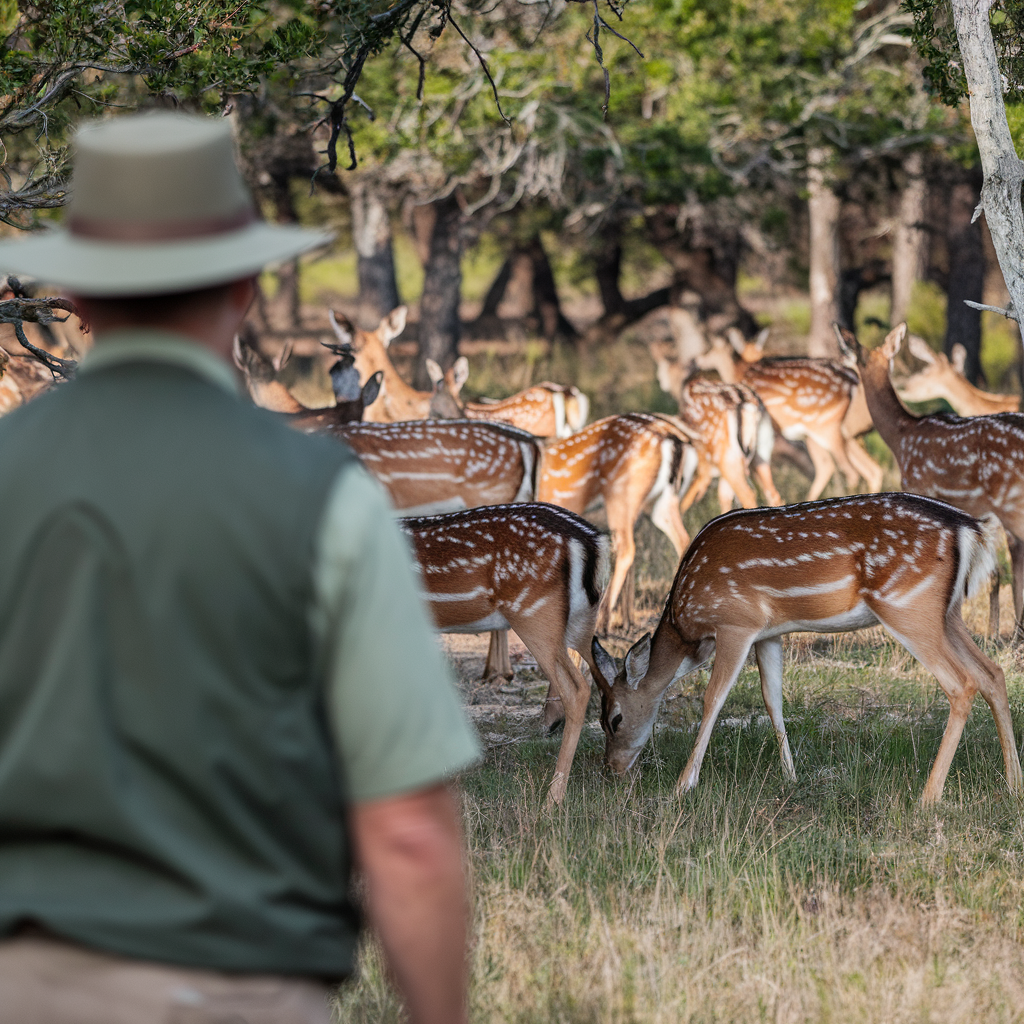The Role of Hunting in Managing Wildlife Populations

Hunting has long been a topic of substantial debate, but it undeniably serves a critical role in managing wildlife populations. As human development continues to expand, natural ecosystems often require active management to maintain balance. Regulated hunting provides a sustainable tool for population control, conservation, and habitat preservation, ensuring that both humans and wildlife coexist responsibly.
Understanding Wildlife Management
Wildlife management refers to the deliberate regulation of animal populations, habitats, and ecosystems to achieve ecological, social, and economic goals. Hunters are key participants in this process, as they help control overpopulation while contributing to conservation funding through hunting licenses, permits, and excise taxes on firearms and ammunition.
Without regulation, some species can grow beyond the carrying capacity of their environment. Overpopulation can lead to habitat destruction, starvation, and the spread of disease. Deer, for example, are a common species that frequently require population management. Left unmanaged, their numbers could overwhelm local ecosystems and disrupt the balance of plant and animal life.
The Benefits of Regulated Hunting
When established and monitored properly, regulated hunting can provide numerous benefits, including:
- Population control: Hunting helps to maintain wildlife populations at sustainable levels, preventing overgrazing and competition for limited resources.
- Reducing human-wildlife conflicts: Animals such as deer or coyotes can encroach on urban areas, threatening crops, livestock, and even personal safety. Hunting reduces these conflicts by managing their numbers.
- Funding for conservation: Hunting generates billions of dollars annually through fees and taxes, which fund conservation programs, habitat restoration, and wildlife protection efforts.
- Protection of biodiversity: By preventing any one species from dominating an ecosystem, hunting supports the health and diversity of habitats and wildlife populations.
Real-World Example: Managing Deer Populations
Deer management in North America illustrates the role of hunting in maintaining ecological balance. In many regions, predators such as wolves and cougars, which naturally regulated deer populations, have diminished due to human activity. As a result, deer populations can grow unchecked, leading to over-browsing of vegetation and reduced biodiversity.
Hunting seasons, quotas, and conservation programs are used to address this issue. By setting specific limits, wildlife agencies ensure sustainable harvest rates that align with regional population goals. In turn, this prevents habitat destruction and protects other species that rely on the same environment.
The Role of Hunters as Conservationists
Far from being harmful to wildlife, responsible hunters play an essential role as conservationists. Organizations such as Ducks Unlimited and the Rocky Mountain Elk Foundation, along with millions of hunters, contribute their time and resources to protect wildlife and habitats. These groups advocate for ethical hunting practices, enforce compliance with regulations, and support education initiatives to inspire the next generation of outdoor enthusiasts.
Moreover, hunting requires a deep understanding of animal behavior, habitat conditions, and ecological balance. Ethical hunters follow strict guidelines, ensuring that every harvest is legal, humane, and necessary for population management. This commitment to responsibility safeguards the integrity of the activity and the wider environment.
Legal and Ethical Considerations
For hunting to effectively support wildlife management, it must be guided by clear laws and ethical standards. Wildlife agencies set regulations, including seasonal restrictions, bag limits, and approved methods of take, to ensure sustainable practices. Hunters are expected not only to follow these laws but to uphold respect for wildlife, other hunters, and the land itself.
Ethical hunting involves prioritizing safety, fair chase principles, and minimum animal suffering. Practicing accuracy and patience, hunters can ensure every shot achieves a clean harvest. Additionally, proper tag reporting and transparency in the field help wildlife agencies track and analyze population trends to continuously refine management strategies.
Hunting and Habitat Preservation
The money generated by hunting has direct and measurable effects on preserving habitats. In the United States, the Pittman-Robertson Act has directed funds from excise taxes on hunting equipment to state conservation agencies since 1937. These funds support critical programs, such as wetland protection, forest management, and wildlife research.
By participating in hunting, individuals not only contribute to their local ecosystems but also help secure the future of public lands and outdoor recreation spaces.
The Future of Hunting in Wildlife Management
As environments change and human populations grow, hunting will remain an important tool for wildlife management. However, it must adapt to new challenges, such as climate change, urbanization, and shifting public opinions about hunting. Collaborative efforts between hunters, conservationists, and policymakers will ensure that hunting continues to serve as a force for good.
Engaging younger generations in outdoor activities is essential for the future of conservation. Education programs, mentorships, and outreach events, such as hunter safety courses and youth hunting events, can inspire broader appreciation for the natural world. Whether you’re a seasoned hunter or considering joining the field, your participation directly supports efforts to steward our shared landscapes.
Conclusion
Hunting plays an essential role in managing wildlife populations, offering far-reaching benefits for ecosystems, communities, and conservation efforts. By keeping animal populations in balance, preventing habitat degradation, and funding preservation programs, hunters act as stewards of the environment.
At 2AGun.com, we celebrate responsible firearm usage and the deep connection between hunting and wildlife management. Whether you’re learning about ethical hunting practices or seeking gear recommendations, we’re here to help foster a culture of respect and responsibility. Explore our resources today to enhance your outdoor experience and make a positive impact on wildlife.
Your voice matters. Tell us your thoughts and experiences with hunting and conservation in the comments below, and let’s keep the conversation going.


